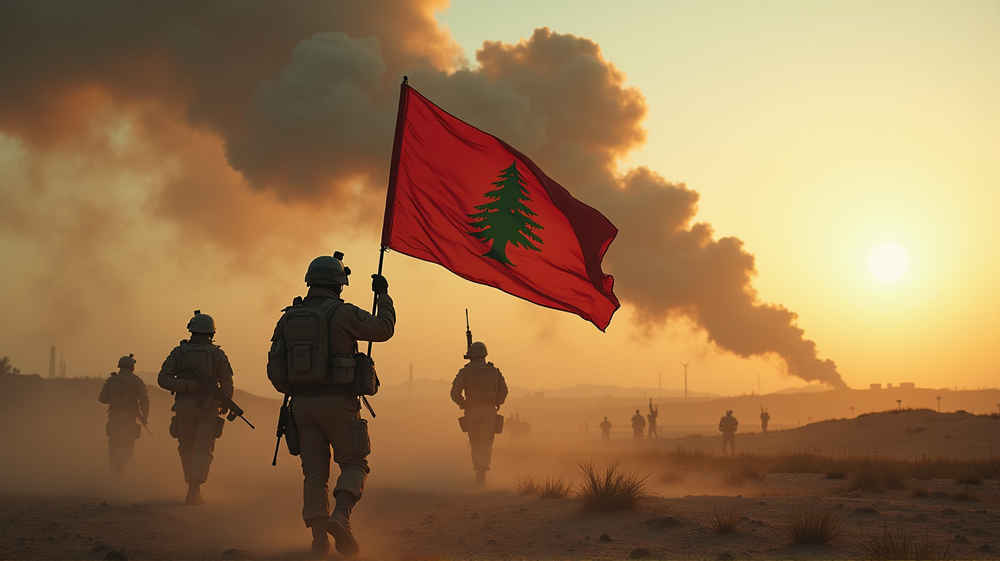In a dramatic twist of the Middle Eastern conflict saga, Iran has openly condemned ongoing Israeli attacks on southern Lebanon, branding them a blatant violation of the ceasefire agreement brokered in November. The allegations signal a potentially explosive escalation in a region already fraught with geopolitical complexities.
Ceasefire Under Siege
Iran’s Foreign Ministry spokesperson, Esmaeil Baghaei, minced no words when he criticized Israel for its relentless assaults, labeling them as direct offenses against Lebanon’s sovereignty. The echoes of disapproval have resonated across international corridors, drawing attention to what Iran views as a flagrant breach of the truce terms.
The November ceasefire, despite its fragile construct, was anticipated to be a cornerstone for fostering peace between Israel and Hezbollah. However, near-daily skirmishes suggest a starkly different reality, challenging both local and global diplomatic actors to reconsider their stances.
Global Inertia and Local Anguish
Iran’s rebuke was coupled with a stark call-out to major global powers like France and the United States. Accused of “continued inaction,” these guarantors have been scrutinized for their muted responses as tensions soar. Meanwhile, Lebanon continues to endure the wrath of Israeli strikes, leaving civilian areas devastated—a narrative of conflict that every day sees a new chapter.
Human Cost: Victims and Vulnerabilities
The human toll of these military engagements weighs heavily, as recent reports detail Israeli attacks in southern Lebanese locales, leading to fatalities and injuries. Such acts only deepen Lebanon’s resolve against what President Joseph Aoun terms a callous breach of peace agreements.
In a parallel development, Lebanon thwarted a potentially catastrophic plot aimed at commemorating the legacy of former Hezbollah leader Hassan Nasrallah, illustrating the persistent shadow of conflict stalking the region.
A Broader Regional Gamble
The stakes aren’t limited to Lebanon. Iran’s plight intensifies with its own skirmishes involving Israeli and U.S. forces targeting its nuclear infrastructure. As Middle Eastern alliances shift and shatter, the future of Hezbollah, a long-standing proxy in Iranian hands, remains uncertain amidst pressures to disarm.
Amidst these tensions, the humanitarian crisis in Gaza refuses to fade from global discourse. Despite the truce, Israel continues to stem the flow of critical aid to Palestinians—a distressing reminder of the war-torn realities faced by countless civilians.
According to Al Jazeera, the unfolding situation demands an urgent re-evaluation of peace efforts, lest the cycle of violence perpetually engulfs the region.
The Path Forward: Hope or Hurdles?
Regional authorities, bound by limited resources, now face an arduous task of clearing conflict zones along the Lebanon-Israel border. This endeavor underscores a universal longing for peace amidst the specter of conflict, as world powers ponder their next moves in this chess game of geopolitics.
The coming months promise unprecedented developments with the potential to reshape the Middle Eastern landscape. Analysts and citizens alike hold their breath, hoping for a respite that might eventually usher in harmony in a land marred by strife.












